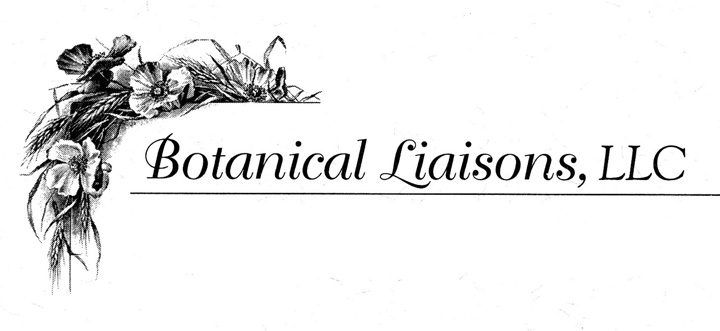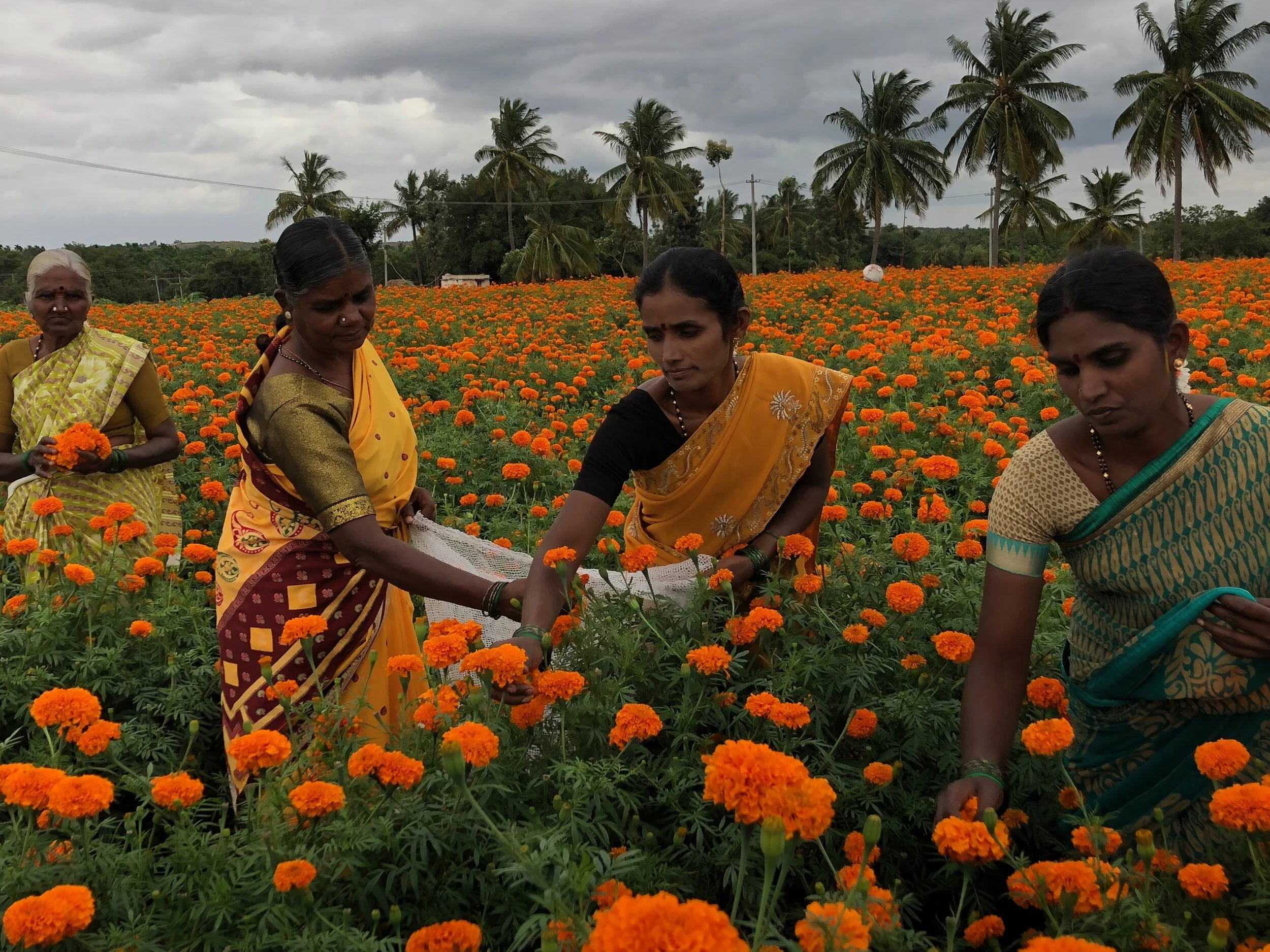IDDI is identification of dietary ingredients. It begins with the identity of the raw materials, but it is also the identity of the product, brand, company and cultures all producing and using the product.
IDDI is a verification system identifying gaps in the social, environmental, production, and performance steps of a raw material and product. This verification program is benchmarked to standards from various international organizations.
General Guidelines for Ethical Sourcing: The Human Element
Product:
Contact information
Product name
Specifications, nomenclature
Sourcing origin
Land use and inputs
Harvest practices
Plant population care
Raw material processing and labeling
Relationships
Type and controls
Prices and wages
Non-discrimination
Reciprocity
Communications
Employment
Labor practices
Fair wages and prices
Child labor
Harassment
Working conditions
Worker safety
Environment
Legal requirements
Policies and communications
Management responsibilities
Waste management
Emissions
Energy usage
Management and Supply Chain
Written policies
Training
Supplier management
Dealing with non-compliances
Audit program
Geographic risk
Community improvements
Here are examples of case studies we have performed for clients:
1. “Seed-to-Shelf Independent Audit” — A comprehensive, umbrella independent review of all quality and ethical procedures, relating to both farm-level and manufacturing practices.
We review all documentation, audit reports and other information, provide a list of opportunities to improve quality, identify gaps that minimize business, regulatory and product quality risk, help our clients meet the minimum level of regulatory compliance, and identify ‘best practices’ that are either already in place, or can be implemented.
2. “Human Impact Audit” – A third-party independent review of the “human element” of an agricultural or wild-collected product, focusing in particular on staff training, farming practices and GAP, worker health and safety, and cultural preservation. This includes a review of personnel SOP, safety, fair trade, farm practices, environmental impact estimates, ethical sourcing & organic practices.
The above 2 programs could be done separately or combined, and are typically performed in 2 phases:
Phase 1: Document Audit
Phase 2: In-person/field Audits
3. Program marketing and communications – A comprehensive review paper that describes in detail all the elements of the program, references to the standards applied, and images or video footage. This comprehensive review can then be broken down into separate stories, that can become webpages, Youtube videos and social media posts that educate your stakeholders and intended audience
Contact us for more information

